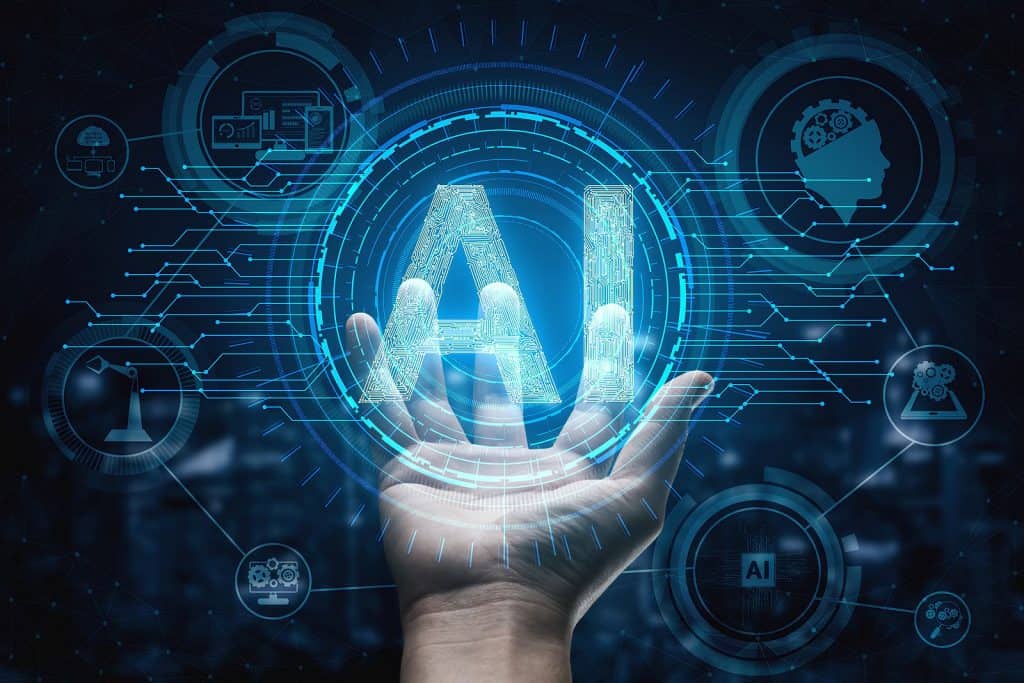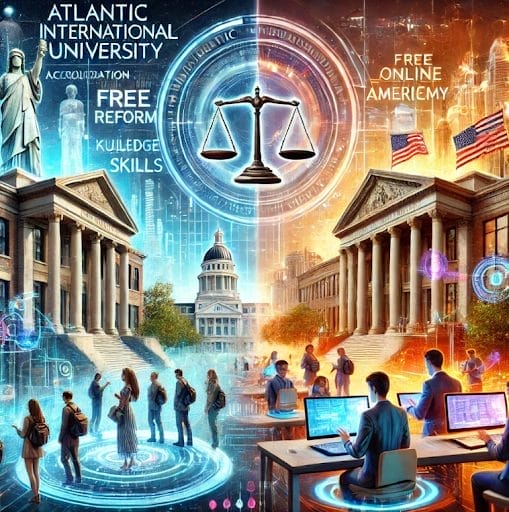How AI is Transforming Our World: The Future of Innovation and Progress
August 16, 2024 2024-08-09 12:40
How AI is Transforming Our World: The Future of Innovation and Progress
Artificial Intelligence (AI) is no longer a concept confined to science fiction; it is a powerful tool that is rapidly transforming every aspect of our world. From healthcare and education to transportation and environmental conservation, AI is helping us solve complex problems, improve efficiency, and create new opportunities for innovation. As AI continues to evolve, its impact on our daily lives and global systems becomes increasingly profound. This article explores how AI is helping our world and the potential it holds for the future.
AI in Healthcare: Revolutionizing Diagnosis and Treatment
One of the most significant impacts of AI is in the field of healthcare. AI-driven technologies are enhancing the ability of healthcare providers to diagnose and treat diseases more accurately and efficiently.
- Early Diagnosis: AI algorithms can analyze vast amounts of medical data, such as images, genetic information, and patient records, to detect patterns and identify diseases at an early stage. For example, AI-powered tools are being used to identify early signs of cancer, enabling earlier intervention and potentially saving lives.
- Personalized Medicine: AI enables the development of personalized treatment plans based on an individual’s genetic makeup, lifestyle, and medical history. This tailored approach improves the effectiveness of treatments and reduces the risk of adverse effects.
- Robotic Surgery: AI-powered robots assist surgeons in performing complex procedures with greater precision and control. These robots can perform minimally invasive surgeries, leading to faster recovery times and reduced complications for patients.
- Drug Discovery: AI is accelerating the drug discovery process by analyzing large datasets to identify potential drug candidates. This can significantly reduce the time and cost involved in bringing new drugs to market, offering hope for patients with conditions that currently have limited treatment options.
AI in Education: Personalized Learning for All
AI is also making significant strides in the education sector, where it is helping to create more personalized and inclusive learning experiences.
- Adaptive Learning: AI-powered platforms can assess a student’s strengths and weaknesses and adapt the learning material accordingly. This ensures that each student receives a tailored education that meets their individual needs, enhancing their learning outcomes.
- Virtual Tutors: AI-driven virtual tutors provide students with personalized assistance outside the classroom. These tutors can answer questions, provide explanations, and offer feedback, helping students to better understand the material and stay on track with their studies.
- Automated Grading: AI systems can grade assignments and exams quickly and accurately, freeing up educators’ time to focus on teaching and student interaction. This also provides students with faster feedback, allowing them to learn from their mistakes and improve.
- Language Translation: AI-powered translation tools are breaking down language barriers in education, making learning resources accessible to students around the world in their native languages. This promotes inclusivity and global collaboration in education.
AI in Environmental Conservation: Protecting Our Planet
AI is playing a crucial role in addressing some of the most pressing environmental challenges of our time.
- Wildlife Monitoring: AI-powered drones and cameras are being used to monitor wildlife populations and track endangered species. This technology helps conservationists gather data on animal behavior, migration patterns, and threats, allowing for more effective protection strategies.
- Climate Modeling: AI is enhancing our ability to predict and understand climate change by analyzing vast amounts of environmental data. AI-driven models can simulate different climate scenarios and predict the impact of various factors, helping policymakers make informed decisions to mitigate the effects of climate change.
- Energy Efficiency: AI is optimizing energy consumption in buildings, industries, and transportation systems. By analyzing data on energy usage, AI systems can identify inefficiencies and recommend actions to reduce energy consumption, lower costs, and decrease carbon emissions.
- Waste Management: AI-powered robots and sorting systems are improving waste management processes by accurately identifying and separating recyclable materials. This not only reduces the amount of waste sent to landfills but also promotes recycling and resource conservation.
AI in Transportation: Paving the Way for Safer and Smarter Mobility
The transportation sector is another area where AI is making a significant impact, improving safety, efficiency, and sustainability.
- Autonomous Vehicles: AI is the driving force behind the development of autonomous vehicles, which have the potential to revolutionize transportation. Self-driving cars and trucks can reduce the number of accidents caused by human error, improve traffic flow, and decrease fuel consumption.
- Traffic Management: AI systems are being used to optimize traffic signals, manage congestion, and reduce travel times in cities. By analyzing real-time traffic data, AI can adjust signal timings and recommend alternative routes, leading to smoother traffic flow and reduced emissions.
- Predictive Maintenance: AI is helping to improve the reliability of transportation systems by predicting when maintenance is needed. By analyzing data from sensors and equipment, AI can identify potential issues before they lead to breakdowns, reducing downtime and maintenance costs.
- Logistics and Supply Chain: AI is streamlining logistics and supply chain management by optimizing routes, improving inventory management, and reducing delivery times. This not only enhances efficiency but also lowers the environmental impact of transportation.
The Future of AI: Opportunities and Challenges
As AI continues to advance, its potential to benefit society is vast. However, it also presents challenges that must be addressed to ensure that AI is developed and used responsibly.
- Ethical Considerations: The use of AI raises important ethical questions, such as the potential for bias in AI algorithms, privacy concerns, and the impact on employment. It is essential to develop AI systems that are transparent, fair, and respect human rights.
- Regulation and Governance: Governments and international organizations must work together to create regulatory frameworks that ensure the safe and ethical use of AI. This includes establishing standards for AI development, promoting transparency, and protecting individuals’ rights.
- Education and Workforce Development: As AI continues to transform industries, there will be a growing demand for workers with AI-related skills. Investing in education and training programs is crucial to prepare the workforce for the jobs of the future and to ensure that the benefits of AI are widely shared.
Conclusion
AI is transforming our world in ways that were once unimaginable, offering solutions to some of the most complex challenges we face. From healthcare and education to environmental conservation and transportation, AI is helping to create a more efficient, sustainable, and inclusive future. However, as we continue to harness the power of AI, it is essential to address the ethical, regulatory, and workforce challenges that accompany its development. By doing so, we can ensure that AI serves as a force for good, benefiting individuals, communities, and the planet as a whole.
Related Posts
How AI is Transforming Our World: The Future of Innovation and Progress
August 16, 2024 2024-08-09 12:40Popular Tags





























